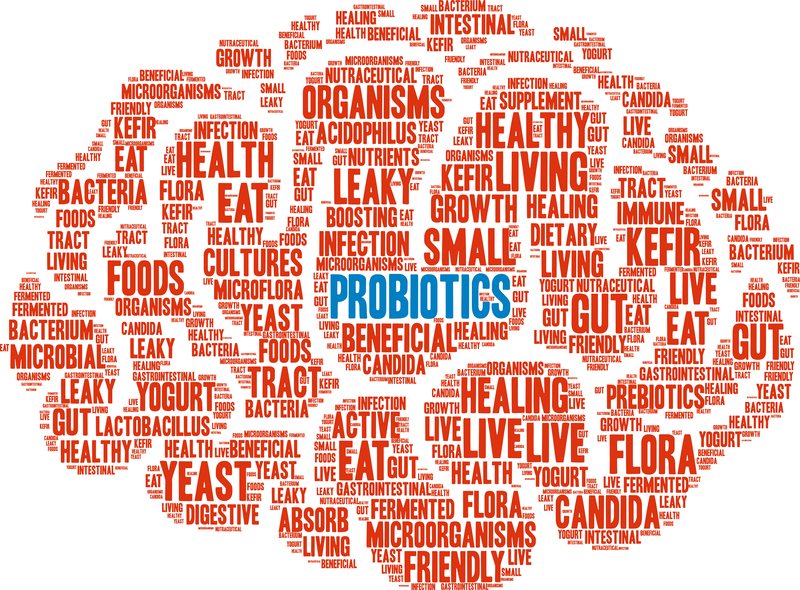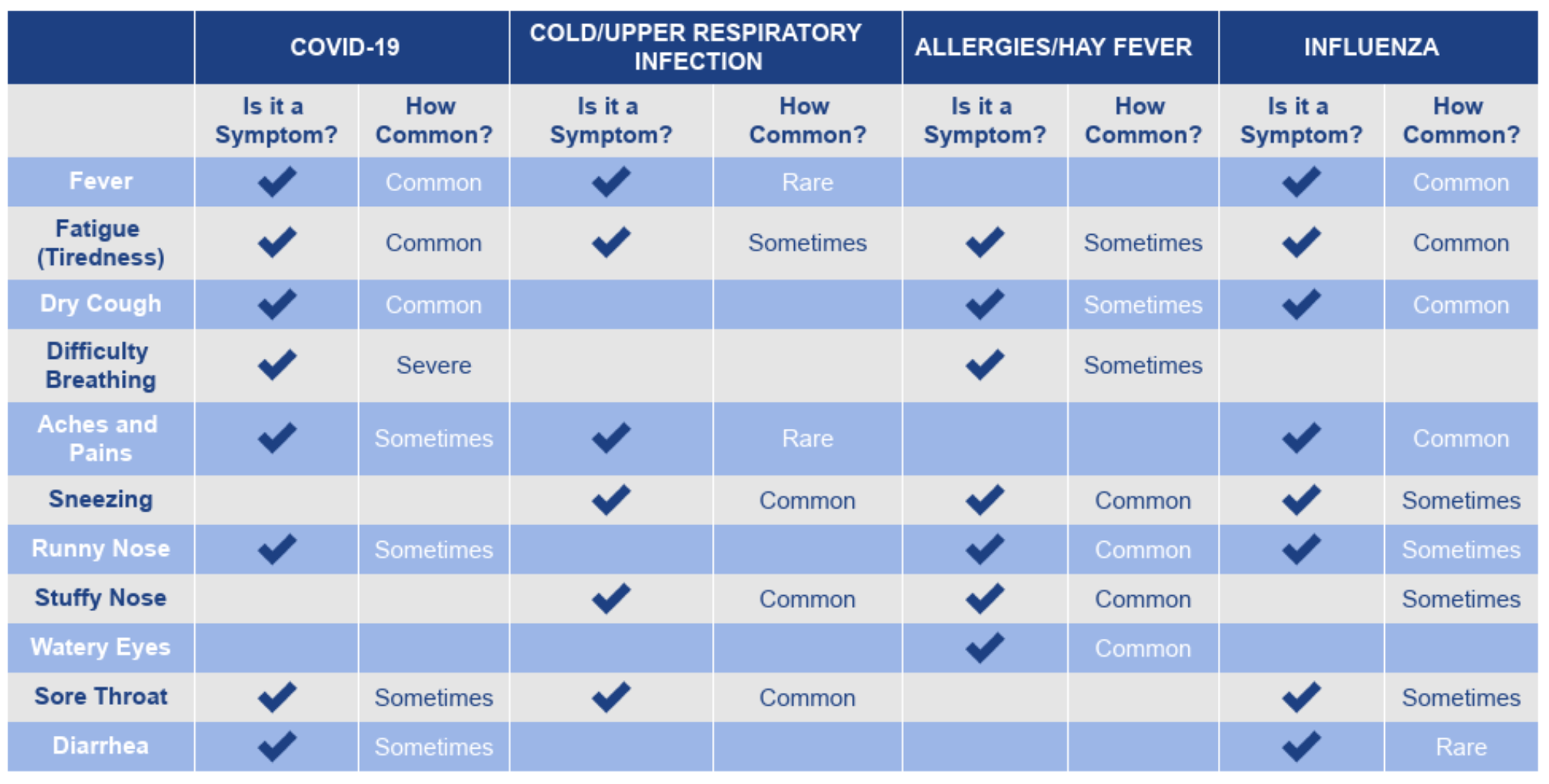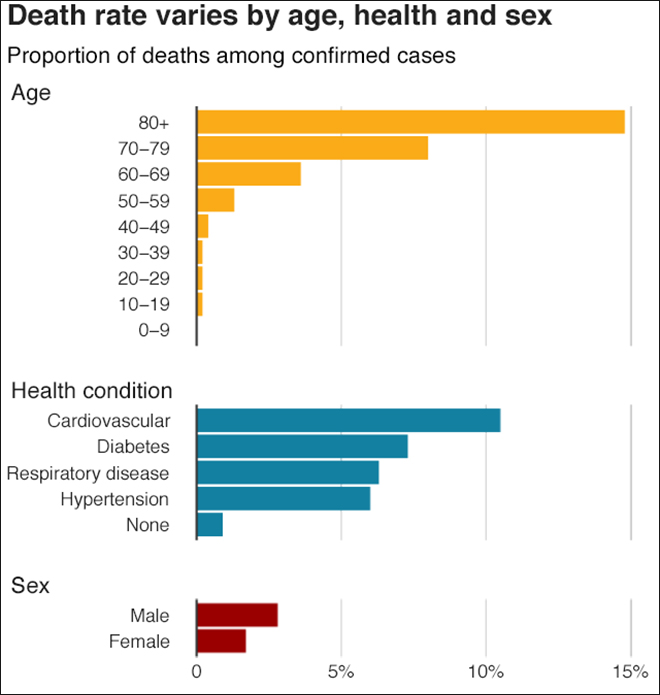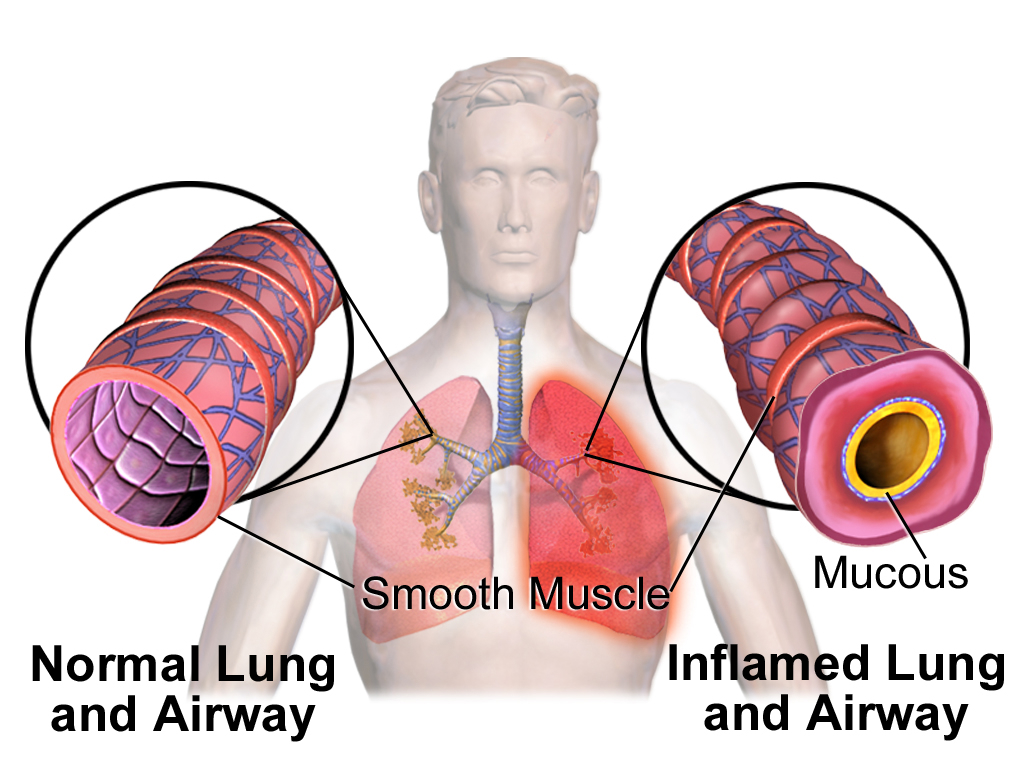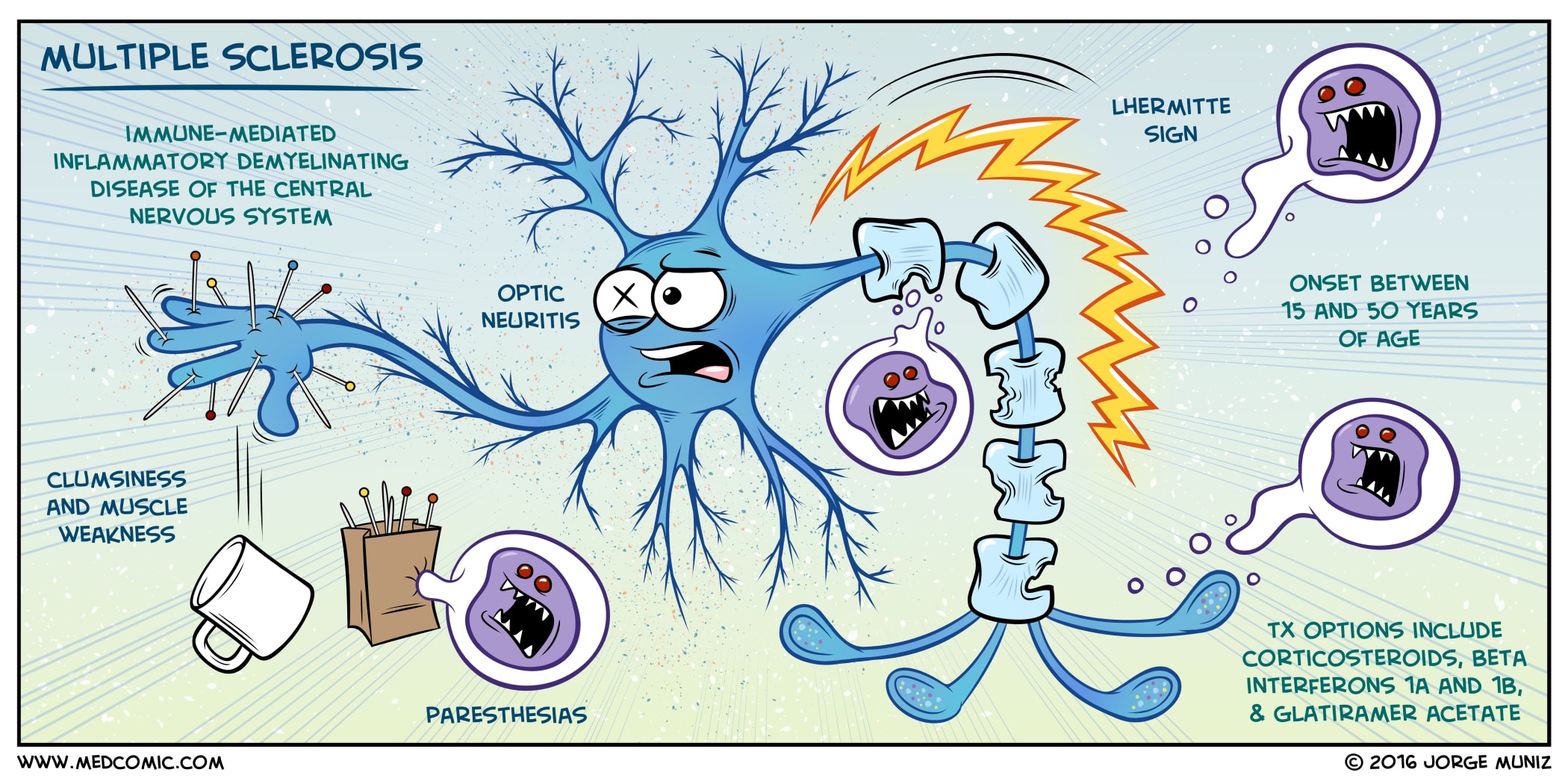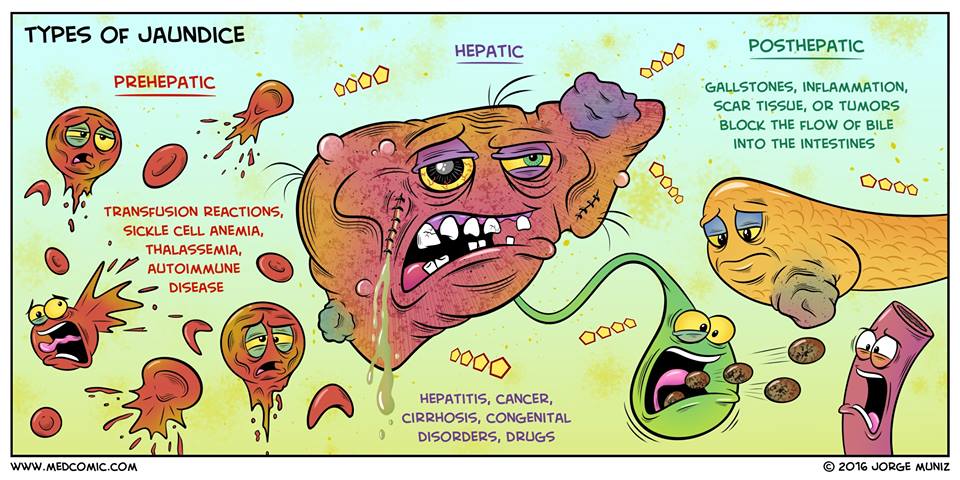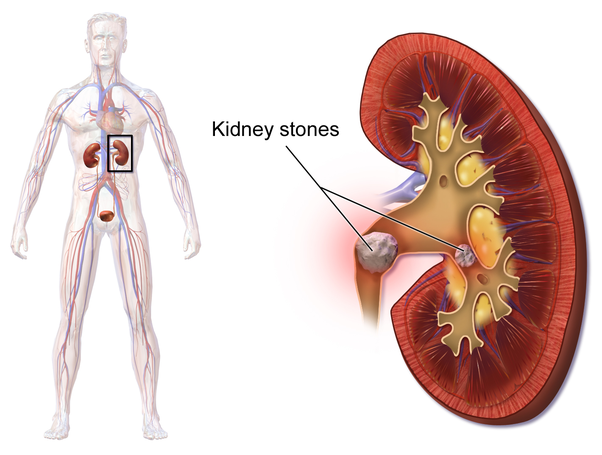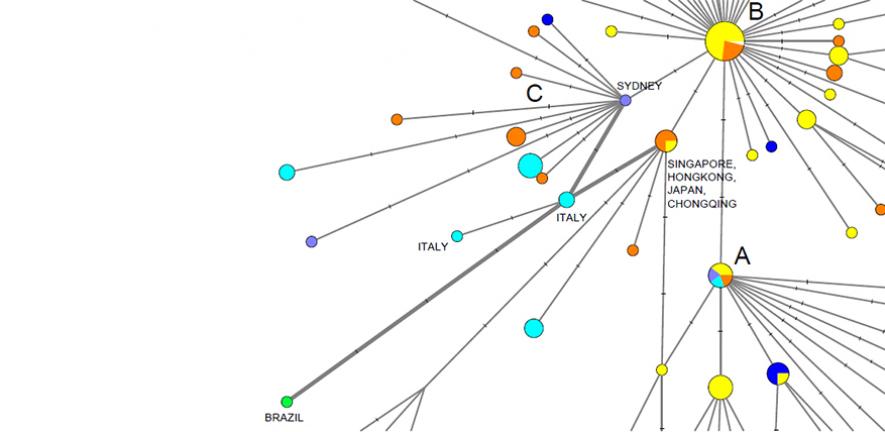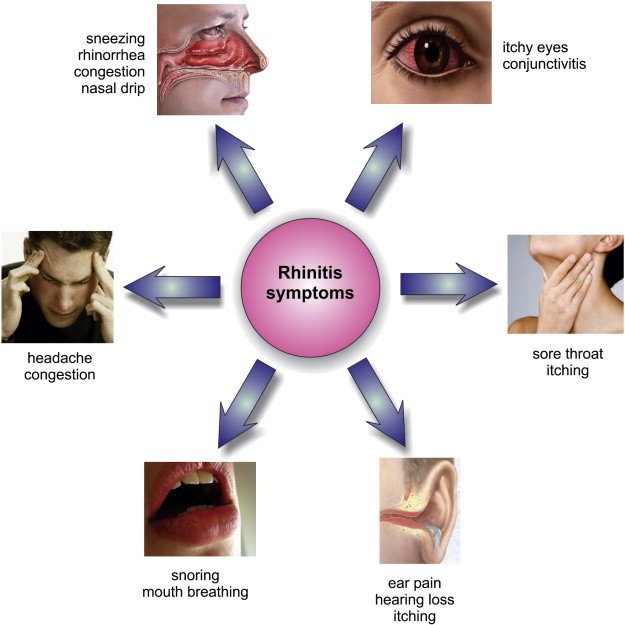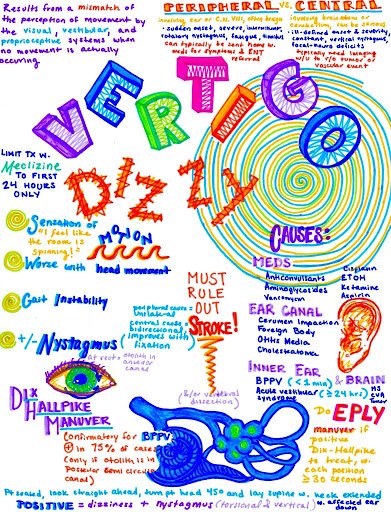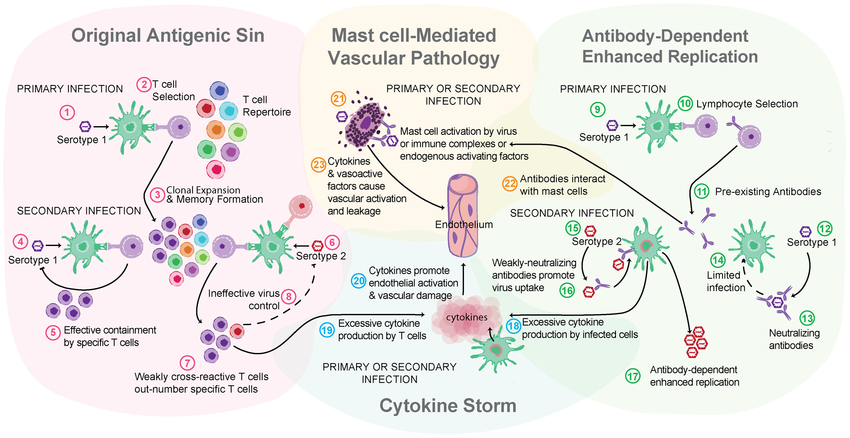Latest COVID-19 Updates & Health Tips
COVID-19の健康に関するヒント
COVID-19's Gut Connection
A multidisciplinary research team from Harvard Medical School, MassGeneral Hospital for Children, Brigham and Women’s Hospital, and other institutions has identified the mechanism that causes an extremely rare but serious post-COVID-19 complication to develop in children and adolescents.
They determined that viral particles remaining in the gut long after an initial SARS-CoV-2 infection can travel into the bloodstream, instigating a condition called multisystem inflammatory syndrome in children (MIS-C). MIS-C occurs in less than 1 percent of children with confirmed SARS-CoV-2 infection.
The syndrome can occur several weeks after an initial infection. Symptoms include high fever, abdominal pain, vomiting, diarrhea, rash, and extreme fatigue. The hyperinflammatory response and “cytokine storm” seen in MIS-C can lead to extensive damage in the heart, liver, and other organs.
The team hypothesized that SARS-CoV-2 viral particles found in the gastrointestinal tract of children move into the bloodstream, leading to the hyperinflammatory immune response characteristic of MIS-C. In 2000, Alessio Fasano and his team at the University of Maryland School of Medicine discovered zonulin, a protein that regulates intestinal permeability by opening the tight junctions between gut epithelial cells in the small intestine.
This opening of the spaces between epithelial cells allows the passage of substances from the gut lumen into the bloodstream, including gluten, which can cause symptoms in people genetically predisposed to celiac disease. Learn more here :
Ref : https://hms.harvard.edu/news/covid-19s-gut-connection
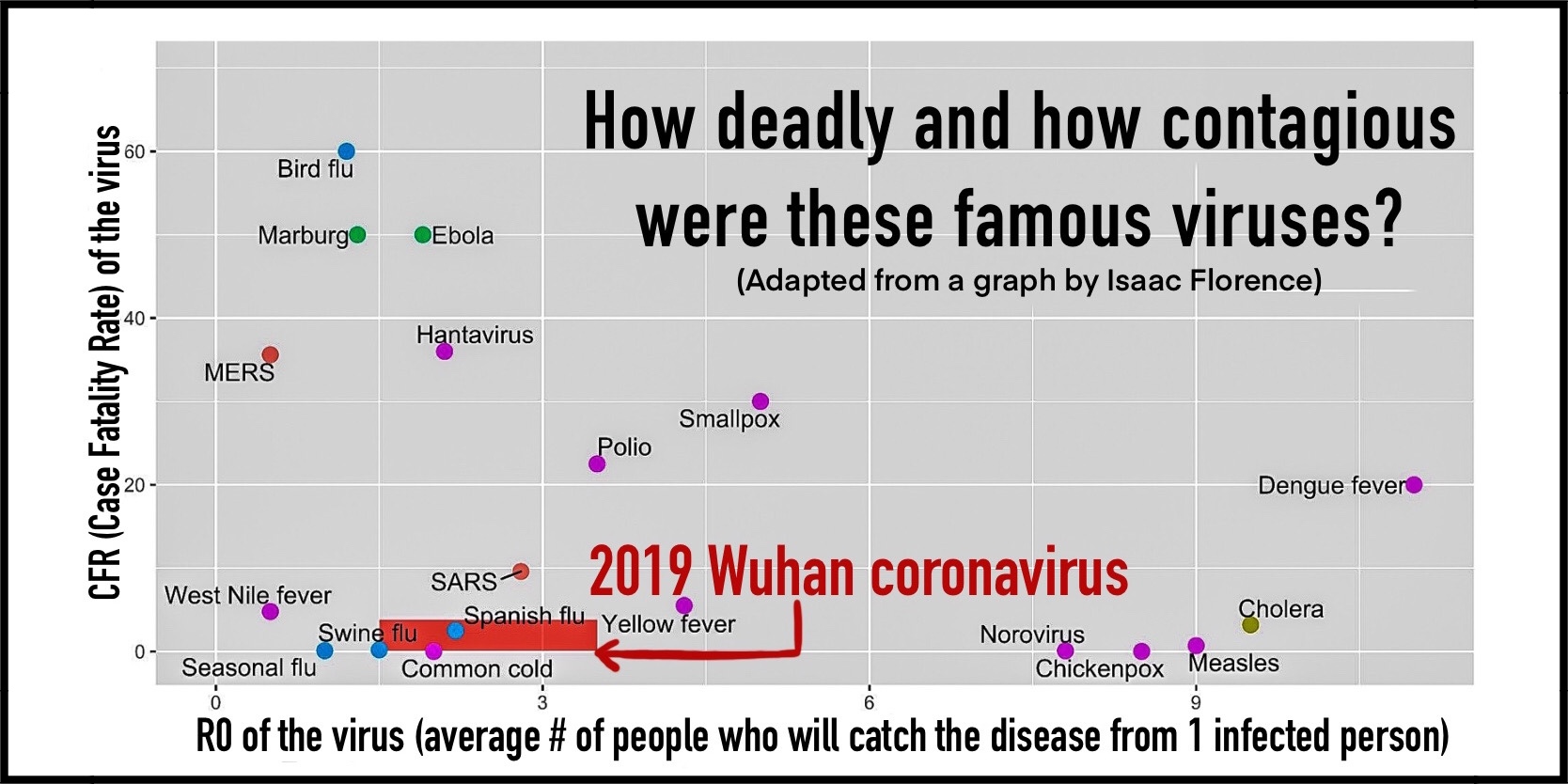
Genes & Blood Type Tied to Risk of Severe COVID-19
A recent genome-wide association (GWAS) study, just published in the New England Journal of Medicine, finds that gene variants in two regions of the human genome are associated with severe COVID-19 and correspondingly carry a greater risk of COVID-19-related death.
The two stretches of DNA implicated as harbouring risks for severe COVID-19 are known to carry some intriguing genes, including one that determines blood type and others that play various roles in the immune system. In fact, the findings suggest that people with blood type A face a 50 percent greater risk of needing oxygen support or a ventilator should they become infected with the novel coronavirus. In contrast, people with blood type O appear to have about a 50 percent reduced risk of severe COVID-19.
Analysis identified two places that turned up significantly more often in the individuals with severe COVID-19 than in the healthy folks. One of them is found on chromosome 3 and covers a cluster of six genes with potentially relevant functions. For instance, this portion of the genome encodes a transporter protein known to interact with angiotensin converting enzyme 2 (ACE2), the surface receptor that allows the novel coronavirus that causes COVID-19, SARS-CoV-2, to bind to and infect human cells. It also encodes a collection of chemokine receptors, which play a role in the immune response in the airways of our lungs.
The other association signal popped up on chromosome 9, right over the area of the genome that determines blood type. Whether you are classified as an A, B, AB, or O blood type, depends on how your genes instruct your blood cells to produce (or not produce) a certain set of proteins. The researchers did find evidence suggesting a relationship between blood type and COVID-19 risk. They noted that this area also includes a genetic variant associated with increased levels of interleukin-6, which plays a role in inflammation and may have implications for COVID-19 as well.
The risk for severe COVID-19 was 45% higher for people with type A blood than those with other blood types. It appeared to be 35% lower for people with type O.
Ref: Characteristics of and important lessons from the Coronavirus Disease 2019 (COVID-19) outbreak in China: Summary of a report of 72 314 cases from the Chinese Center for Disease Control and Prevention. Wu Z, McGoogan JM, et. al. 2020 Feb 24. [published online ahead of print]
Genomewide association study of severe Covid-19 with respiratory failure . Ellinghaus D, Degenhardt F, et. a. NEJM. June 17, 2020.
Romina Libster: The power of herd immunity
How do vaccines prevent disease — even among people too young to get vaccinated? It's a concept called "herd immunity," and it relies on a critical mass of people getting their shots to break the chain of infection. Health researcher Romina Libster shows how herd immunity contained a deadly outbreak of H1N1 in her hometown. (In Spanish with subtitles.)
How do Asymptomatic COVID-19 cases affect the COVID-19 Pandemic?
Asymptomatic or Presymptomatic ‘Silent’ Transmission
Asymptomatic: people who carry the active virus in their body but never develop any symptoms
Presymptomatic: people who have been infected and are incubating the virus but don't yet show symptoms
Very mildly symptomatic: people who feel a little unwell from a COVID-19 infection but continue to come in close contact with others
Click here to learn more about Infectious
Viral Shedding and the possible 'Second wave' of COVID-19 transmissions.
COVID-19 Testing
- SARS-CoV-2 PCR test vs Antibodies Serology Test
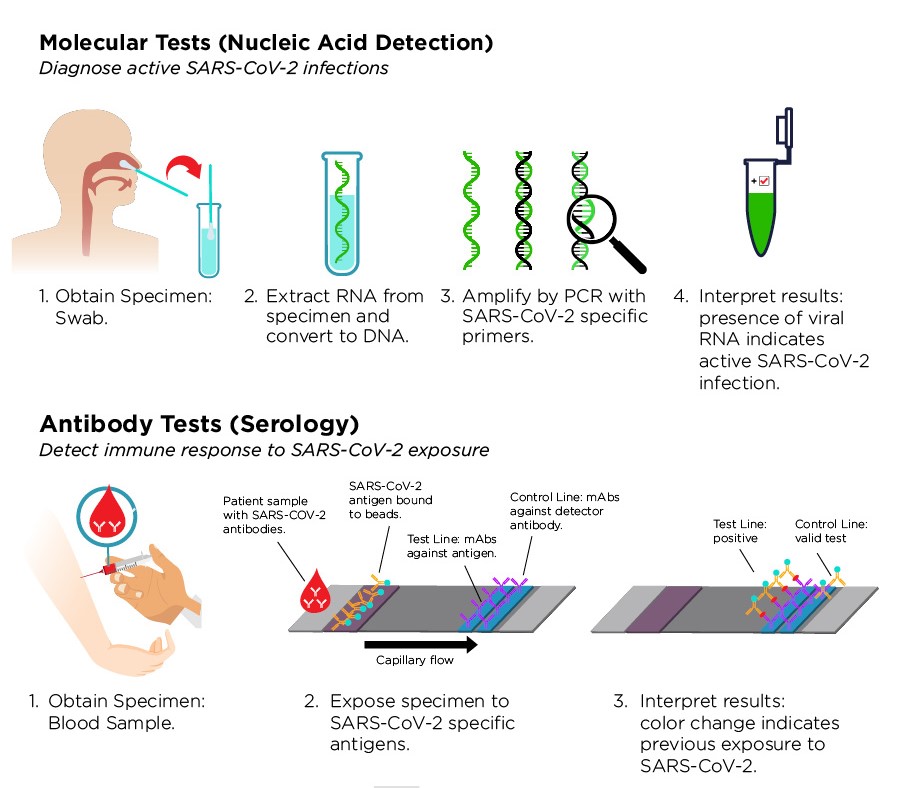
Most countries have been testing all suspected COVID-19 cases with the RT-PCR (reverse transcriptase polymerase chain reaction) test, which tests for the RNA of the SARS-CoV-2 virus. It can determine who is currently infected with the virus. It does not reveal the status of whether the patient was infected in the past and has since recovered from COVID-19.
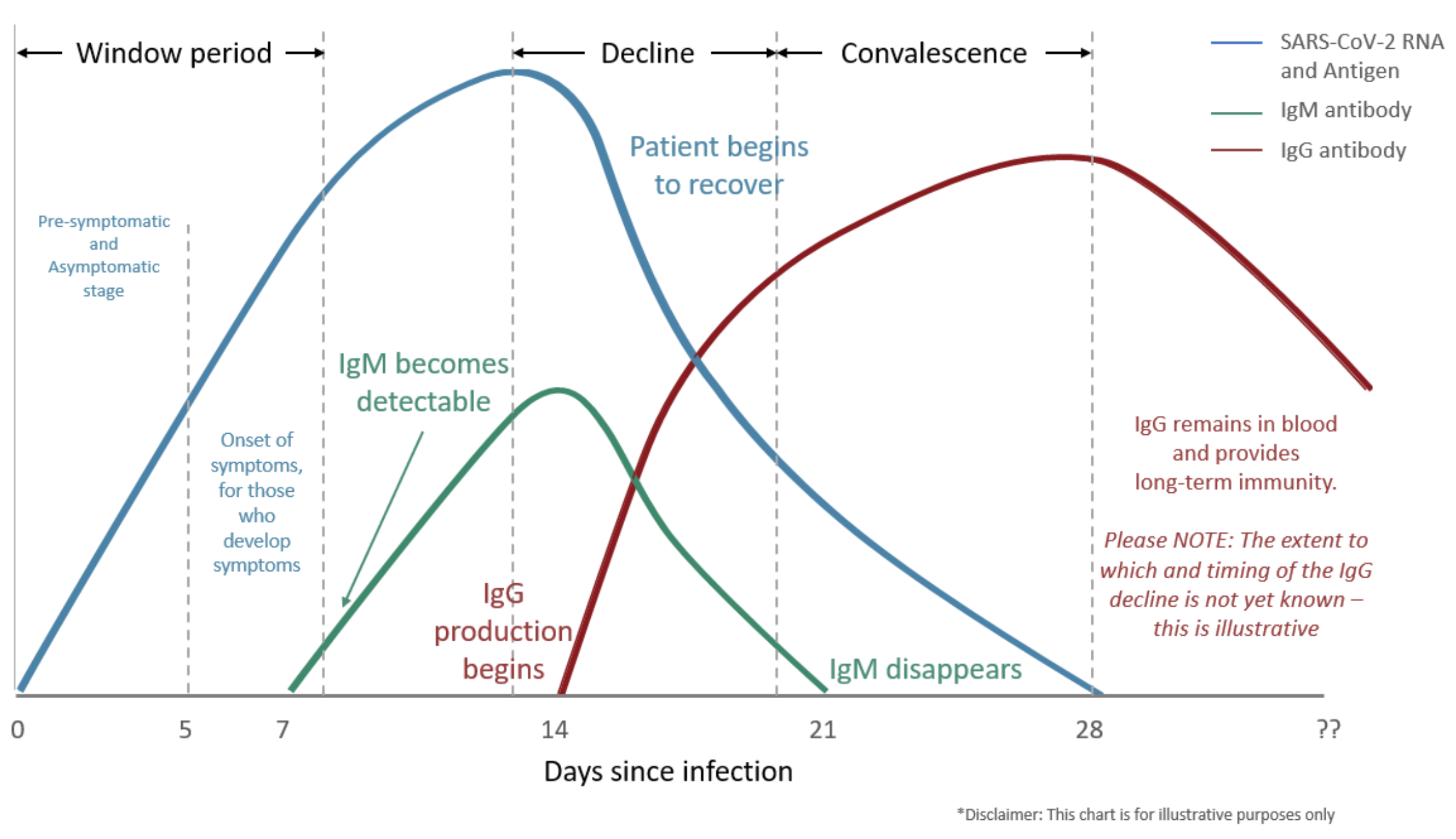
The SARS-CoV-2 Antibodies test, however would be able to identify the COVID status of a population, whether they are undergoing the initial infection and fighting it (High IgM antibodies), whether they are overcoming the infection (High IgM & IgG antibodies) or that they have overcome the virus (High IgG antibodies only). The percentage of the population infected implied by the official case count and the serology survey differs widely. (Ref : The Economist – Uncertainty’s Principals, Science & Technology 2 May 20)
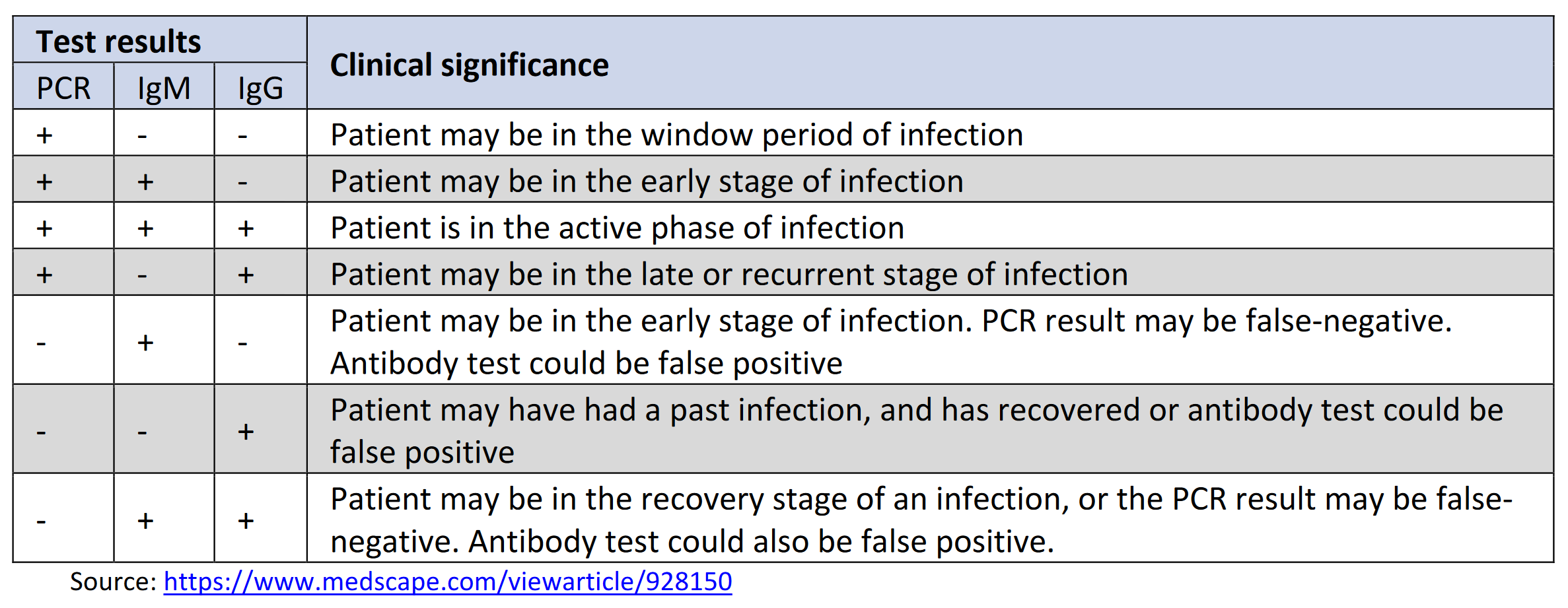
Most authorities are concerned about the accuracy of the SARS-CoV-2 Antibodies test, which is dependent on 2 aspects, its sensitivity (ability to detect the antibodies) and its specificity (ability to detect the correct antibodies). Within the first 7 to 10 days, the test can show a false negative because the body has not had an opportunity to mount an immune response yet. Health authorities should select the most accurate Antibodies test it can find, and retest any negative cases after 10 days to confirm the person’s COVID status.
As can be seen from the above table, both diagnostic tests can be used in tandem to better test a population, especially for asymptomatic COVID-19 cases which may continue to viral shed and create clusters that would defy contact-tracing efforts.
Ref : List of HSA Approved COVID-19 Diagnostic Tests in Singapore
World Bank Report on Testing for SARS-CoV-2 virus
Symptom Checker
– How COVID-19 Compares with Other Illnesses
Information obtained from CDC & World Health Organization
Laurie Garrett: What can we learn from the 1918 flu?
In 2007, as the world worried about a possible avian flu epidemic,
Laurie Garrett, author of "The Coming Plague," gave this powerful talk
to a small TED University audience. Her insights from past pandemics are
suddenly more relevant than ever.
Risk Factors of COVID-19 Complication
Source : Observer Research Foundation
Lung, Neurological, Liver & Kidney Diseases
Vitamins & Nutrients for a Well-functioning Immune System to Protect against COVID-19 & other Viral Infections
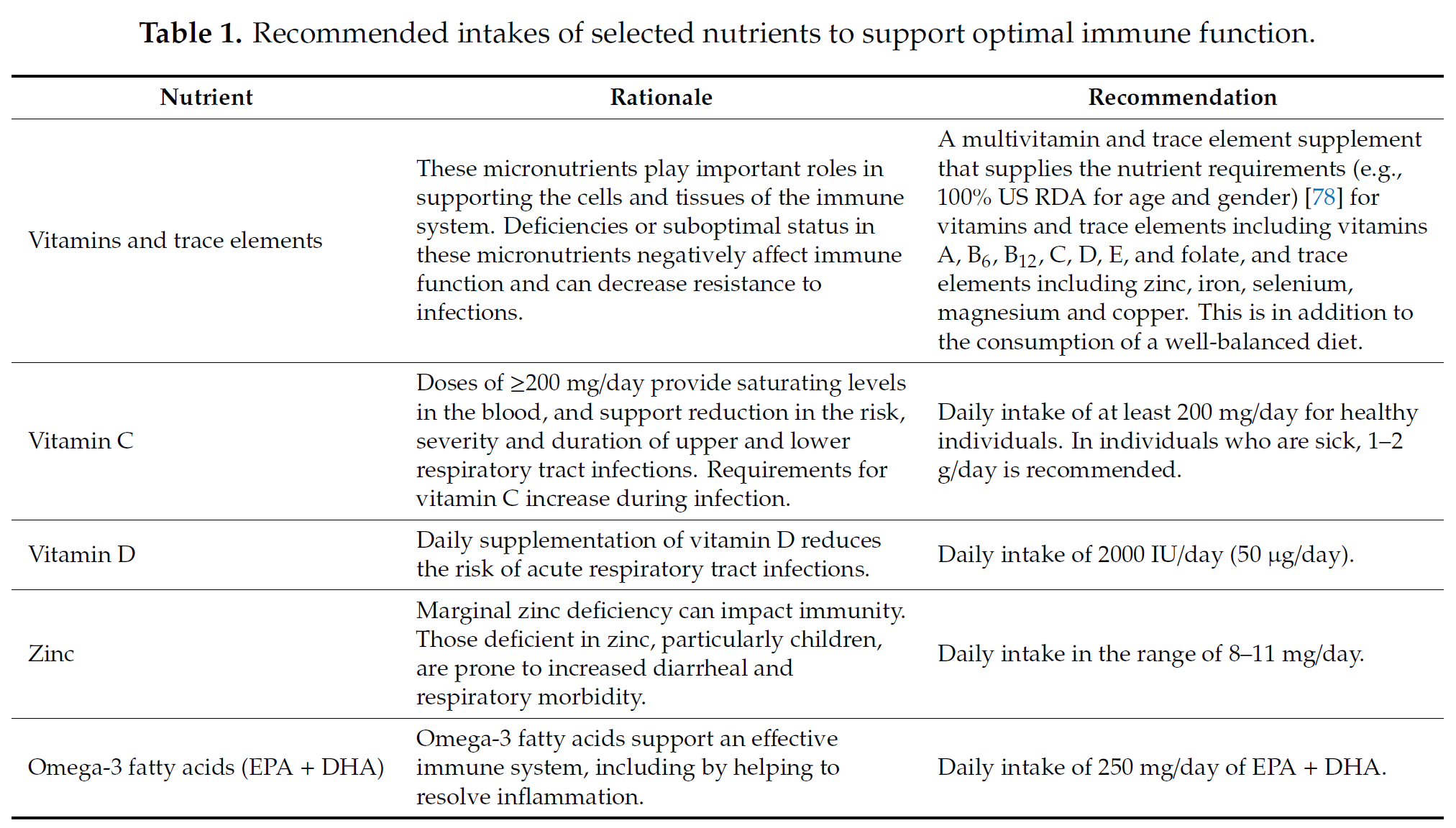
(Ref: Nutrients. 2020 Apr 23;12(4). pii: E1181. doi: 10.3390/nu12041181 Optimal Nutritional Status for a Well-Functioning Immune System Is an Important Factor to Protect against Viral Infections Calder PC1, Carr AC2, Gombart AF3, Eggersdorfer M4.
Groups at Higher Risk for Severe Illness in a COVID-19 Infection
Comorbidities & Underlying Health Conditions in COVID-19 Patients with Complications
- Hypertension
- Diabetes mellitus
- Cerebrovascular disease
- Cardiovascular disease
- Chronic lung diseases including COPD
- Chronic Kidney disease
- Asthma
- Dementia
- Chronic Neurological Disorders
- Cancer
- Rheumatological Disorder
- Obesity
- Smoking
- Chronic Hematologic disease / Haemoglobin Blood Disorders
- Liver disease / Hepatitis B Infection
- Malnutrition
- Immunodeficiency / Immunocompromised eg HIV AIDS
- People aged 65 and older
- 高血压
- 糖尿病
- 脑血管疾病
- 心血管疾病
- 慢性肺部疾病
- 慢性肾病
- 哮喘
- 失智
- 慢性神经系统疾病
- 癌症
- 风湿病
- 肥胖
- 抽烟
- 慢性血液系统疾病/血红蛋白血液疾病
- 肝病/乙型肝炎感染
- 营养不良
- 免疫缺陷/免疫功能低下,例如 HIV AIDS
- 65岁及以上的人
(Ref: https://www.nature.com/articles/s41430-020-0642-3.pdf, Dailymail.co.uk, https://pubmed.ncbi.nlm.nih.gov/32320003/, Comorbidity and its impact on 1590 patients with Covid-19 in China: A Nationwide Analysis https://erj.ersjournals.com/content/early/2020/03/17/13993003.00547-2020
3 Strains of SARS-CoV-2 Virus found by UK & German Scientists
COVID-19: Genetic network analysis provides ‘Snapshot’ of Pandemic origins
Researchers from Cambridge, UK, and Germany have reconstructed the early 'evolutionary paths' of SARS-CoV-2 in humans – as infection spread from Wuhan out to Europe and North America – using genetic network techniques.'
By analysing the first 160 complete virus genomes to be sequenced from human patients, the scientists found that the closest type of SARS-CoV-2 to the one discovered in bats – type ‘A’, the “original human virus genome” – was present in Wuhan, but surprisingly was not the city’s predominant virus type.
Versions of ‘A’ were seen in Chinese individuals, and Americans reported to have lived in Wuhan, and mutated versions of ‘A’ were found in patients from the USA and Australia.
Wuhan’s major virus type, ‘B’, was prevalent in patients from across East Asia. However, the variant didn’t travel much beyond the region without further mutations – implying a 'founder event' in Wuhan, or 'resistance' against this type of coronavirus outside East Asia, say researchers.
The ‘C’ variant is the major European type, found in early patients from France, Italy, Sweden and England. It is absent from the study’s Chinese mainland sample, but seen in Singapore, Hong Kong and South Korea.
(Ref: https://www.cam.ac.uk/research/news/covid-19-genetic-network-analysis-provides-snapshot-of-pandemic-origins)
Ear, Nose & Throat Problems
Immune-mediated Cytokine Storm plays a role in Severe COVID-19 Infections
- Cytokine Storms may occur in Infectious Diseases (eg SARS, Dengue etc) and lead to health complications, negative medical outcomes and/or mortality.
This is a severe immune reaction in which the body releases too many cytokines into the blood too quickly. Cytokines play an important role in normal immune responses, but having a large amount of them released in the body all at once can be harmful. A cytokine storm can occur as a result of an infection, autoimmune condition, or other disease. It may also occur after treatment with some types of immunotherapy. Signs and symptoms include high fever, inflammation (redness and swelling), and severe fatigue and nausea. Sometimes, a cytokine storm may be severe or life threatening and lead to multiple organ failure.
Do You Belong in any of the Flu High Risk Groups?
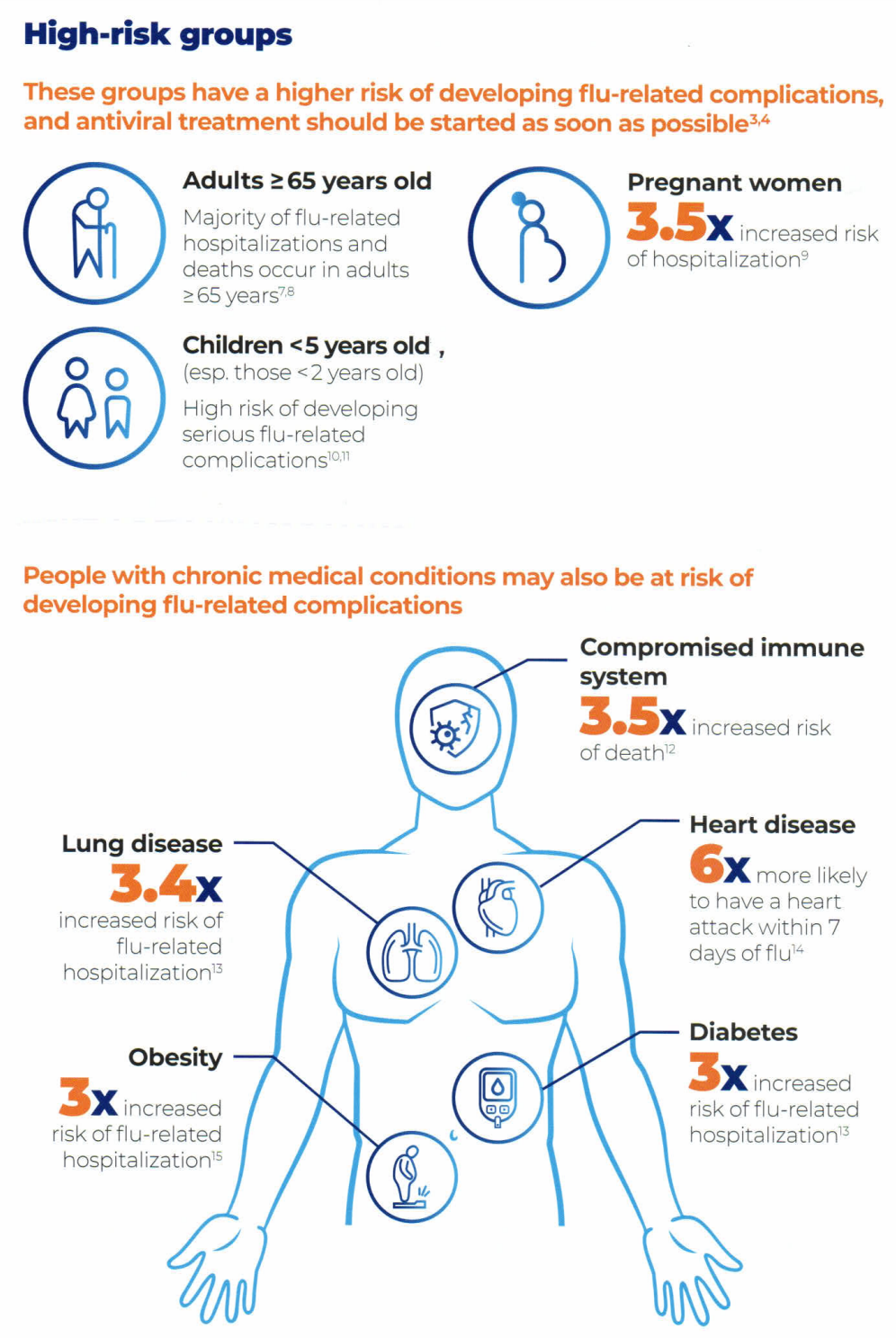
The information provided in this website is for knowledge purposes only. It does not constitute medical advice.
Should you encounter any medical problem that you are unsure of, always consult your doctor or health care provider for assistance and medical advice.
